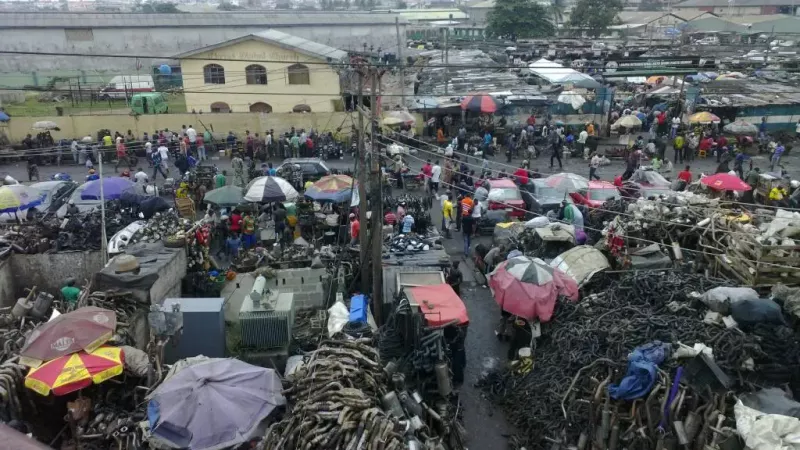Africa's informal retail sector is vital to the continent's economy and has been facing several challenges, such as limited access to capital and difficulties in receiving goods from suppliers. Recent years have seen the emergence of tech-enabled startups building innovations to address these pain points. Key trends to watch out for in 2023 include the adoption of smartphones, the emergence of market leaders, and the evolution of logistics networks. According to Boston Consulting Group (BCG), Africa’s informal retail sector accounts for more than 70% of food, beverage, and personal care products provided to consumers across the continent.
However, despite their importance, local informal shops throughout Africa have been consistently held back for decades by various major challenges, including frequent stockouts, limited access to capital and difficulty receiving goods from suppliers. In recent years, technology has played a significant role in addressing these challenges and empowering local SMEs to unlock their full potential. In this article, Tridiv Vasavada, Chief Technology Officer at Wasoko, Africa’s largest B2B e-commerce network, explores three key trends to look out for across Africa’s $850bn informal retail sector in 2023.
1. Smartphones as a New Normal for Informal Retailers
The adoption of smartphones and mobile apps has been on the rise in Africa's informal retail sector over the last decade. In 2022, we saw this trend reach a new level of maturity with unprecedented adoption levels, particularly in Kenya, Côte d'Ivoire, and Tanzania. In 2023, we can expect this trend to continue and potentially expand into other cities and rural areas. The affordability of devices remains a challenge, but there is a growing interest from governments, NGOs, and telecom operators in providing subsidized access to smartphones for the informal retail sector.
2. Emergence of Market Leaders
Traditionally, informal retailers in Africa have been operating within limited constraints, often offering a limited range of essential goods in smaller quantities to accommodate the size of their stores. However, with the growing availability of credit from fintech platforms, we can expect to see more retailers expanding their businesses, resulting in the emergence of market leaders similar to more mature markets such as India and Vietnam.
3. Evolution of Logistics Networks
The logistics market in Africa's informal retail sector has been heavily fragmented, leading to unreliable deliveries and unpredictable prices. As retailers expand their businesses, they will require faster and more efficient supply chain networks. This will open the door to more standardized and efficient service providers, leading to a strong drive to fill this gap in the market from digital platforms and wholesalers.
In conclusion, Africa's informal retail sector has the potential to grow significantly with the help of technology. The adoption of smartphones, the emergence of market leaders, and the evolution of logistics networks are key trends that will shape the future of the sector in 2023.




